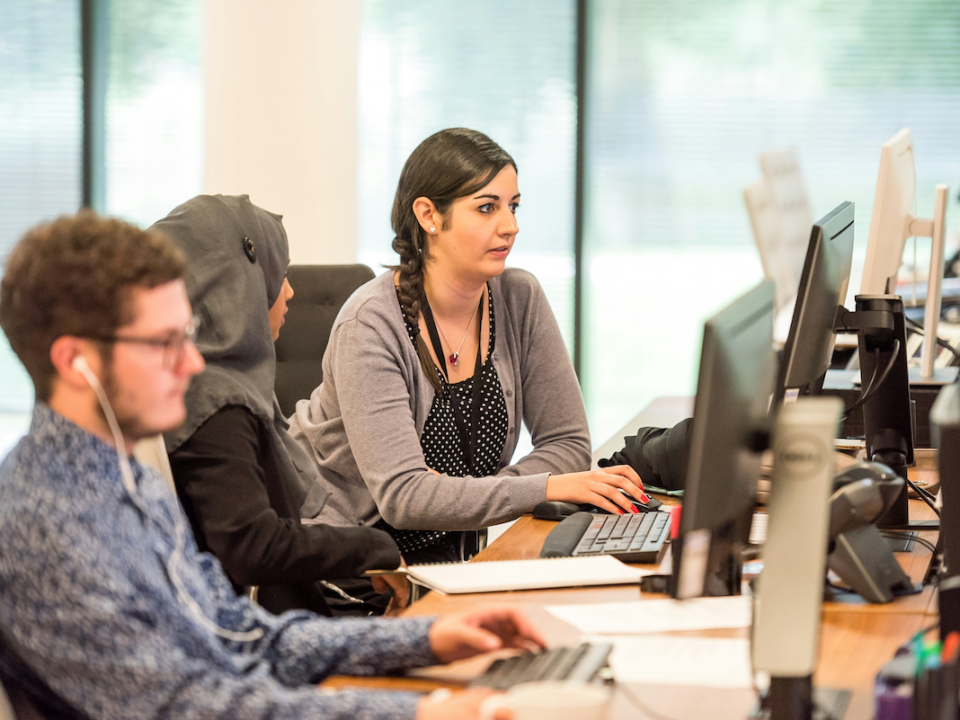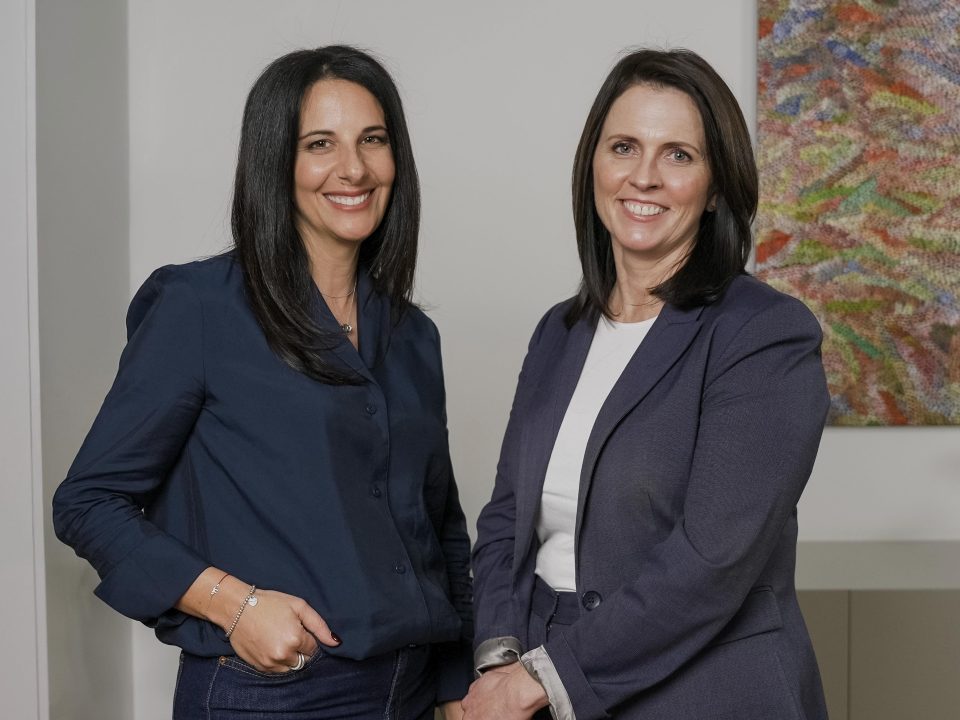Fathers Need More Support in the Workplace (But So Do Mums)
By Justine Alter
Women are deeply aware of the ‘Motherhood Penalty’ throughout their careers. Women are penalised in remuneration and perceived competence when they become mothers, while men experience the opposite effect, the ‘fatherhood bonus’, once they become fathers.
New research published in the 2023 State of the Future of Work Report found that not only are Australian workers experiencing high rates of burnout and exhaustion, but men, too, now face limited career opportunities once they become working fathers.
The report found 40 percent of working caregivers believe their career opportunities are limited. Working carer-givers are also more likely to be dissatisfied with their jobs and consider quitting more than non-caregivers.
As an organisation that helps people navigate the messy intersection between life and work, including when becoming working parents, this isn’t news to us. Of course, new fathers need more support in the workplace, but we still haven’t gotten it right for working mothers.
Co-author of the report, Professor Leah Ruppanner said: “Caregivers are working harder than before the pandemic, and they’re at risk of workplace attrition. We often focus on women caregivers, but our report finds that caregiving men are also exhausted, less productive, and seeing fewer opportunities for advancement.”
It’s a trend we’re seeing on the ground too. At a practical level, more men are taking parental leave, yet the systems around leave are failing them. One recent example is a new father we coached who opted to take his parental leave one day per week over a period of 6 months. Like many other workers who work four days per week, he performed the same amount of hours compressed into a shorter period. As a result, he struggled to manage his care and work responsibilities, and worried constantly that parental leave would negatively impact his career.
Many organisations fail to appropriately implement the HR processes around parental leave and know what needs to happen at a managerial and systems level to support working parents. It’s great we’re seeing companies being more family-friendly when it comes to parental leave, but what we’re seeing is that leaders will say, “Sure, take time off, or have all the flexibility you need,” leaving the onus to make it happen on the worker, who is already overwhelmed experiencing life as a new parent.

What organisations can do
Transitioning from ‘worker’ to ‘working parent’ can be particularly challenging. Managers can play a crucial part in ensuring that their team members continue to feel engaged and valued while on leave, while working flexibly, and on their return.
Spouse and family support is important, but organisational support is vital. It helps to maximise mental and physical health of the individual worker, resulting in increased productivity, boosted staff morale, and higher levels of staff retention.
Along with practical challenges, new parents often report a decline in physical and mental energy levels. Businesses must recognise the challenges faced by new parents as they transition back into the paid workforce, and encourage this group to be open about these challenges and their genuine concerns around a viable life-work balance.
Creating policies and procedures, and communicating these effectively to staff, and leading by example, can ‘normalise’ the parenting journey and encourage workers to share the mental and physical load. Listening to staff and their needs, and explore how to create sustainable change. Flexible working hours are only one component of a bigger picture. Businesses can redistribute or redefine particular roles and tasks, and demonstrate that they value their team members, all of which can assist individual workers AND their employers effectively navigate the transition from a ‘worker’ to a ‘working parent’.
Businesses should initiate conversations and create an environment where new parents can feel comfortable sharing their experiences while remaining confident that they will retain their current status within the team.
It is also essential to consider their duty of care in ensuring that staff can create and manage a sustainable work-family balance.
As an organisation, we recognised the need to support all working parents from very early on. This has led us to develop our evidence-based parental leave support program. Delivered by experienced workplace psychologists, the program provides organisations and individuals with the tools and resources to navigate this messy transition.
The program consists of individual coaching, facilitated meetings between the new parent and their manager (as appropriate) and supporting digital resources. Aimed towards expectant and new parents (including non-birthparents), the program helps shape the transition from ‘working person’ to ‘working parent’. Find out more here.
We’ve also partnered with The Fatherhood to deliver educational and compelling workshops and tailored content to organisations looking to improve their family-friendly work practices, assist their workers to maintain good relationships, and in turn improve outcomes for all genders.



